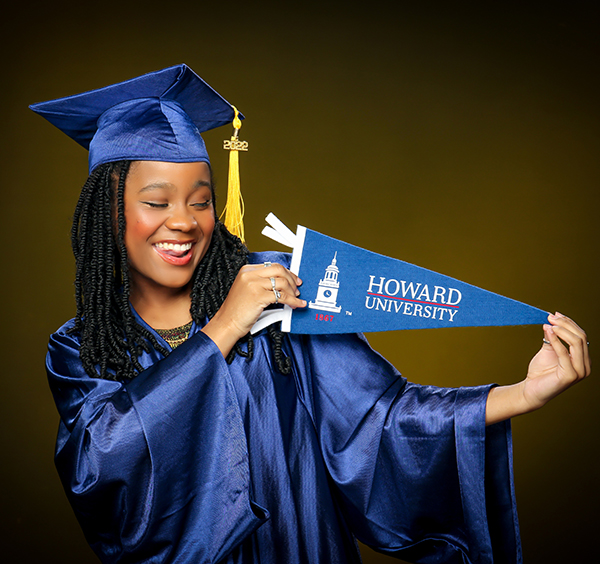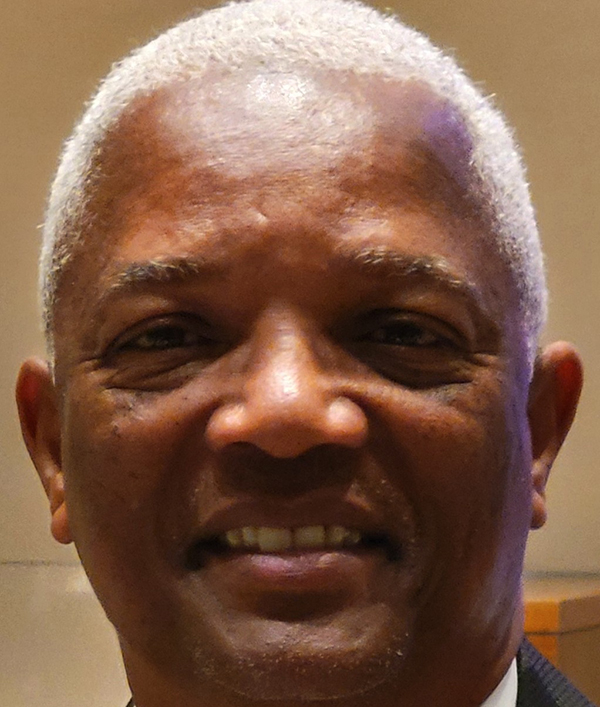By Starlett Quarles
Contributing Columnist
Last month I introduced you to 2022 graduate, Alexis Armstead, and her experience attending affluent, independent schools her entire life. In part one of our interview, Alexis discussed how being a young Black girl in these all-white spaces impacted her emotionally, socially and culturally.
This month I continue my conversation with this inspiring and bold young lady as she shares her thoughts on the benefits of Black students attending predominately white institutions (PWIS), how she was able to maintain her cultural balance and why she chose to attend Howard University.
SQ: So, irrespective of the cultural insensitivity and lack of emotional support that you experienced, what would you say are some of the benefits of going to a PWI?
AA: You get a well-rounded kind of experience. You get to learn a lot about yourself and how you’re going to interact with others. If you’re a person of color, in a majority white space, you’re going to learn how it is in “the real world.”
And that’s not up to you to subject yourself to that pressure, but you’re going to have to know how to deal with certain kinds of people — especially affluent, white people. So attending a PWI will definitely help you in that area.
And, of course, the resources. Like I’ve had Macbooks in my classrooms since preschool. That was definitely a plus. And I also feel like the education I’ve garnered, especially in high school, around social justice and history. My high school really made an effort to hire people, like in the Humanities Department, that really strived to teach what’s “real;” and for you to question things and think outside of the box.
SQ: What did you appreciate about leaving these schools and coming home to Inglewood?
AA: It’s kind of like the best of both worlds. Because my core friend group, finally enough, wasn’t majority white. It was a Black girl, an Asian girl, a white girl, and then me.
But basically, everybody around me was super affluent. So the social things I got to do were kind of up on that scale. And that was just really fun in terms of the experiences I had socially — when I felt [emotionally] safe.
So [when] coming back your “roots,” you’re definitely reminded of what home is. And that’s a feeling that I can’t really describe or can’t be fabricated in a white space. Coming back home, you know, to the food, to the AAVE, or Ebonics.
Just to the comfort of seeing other people that looked like me was probably the big difference between who I am now and who I could have been.
I mean I almost went to boarding school, [where] I would have been completely surrounded by white people in the classroom and at home. And that may have, you know, shifted my perspective on things and my goals for the future to specifically focus on Black issues.
So I think coming home every night to my community and going to things like, “A Taste of Soul,” or eating at Fiesta Martin, you know, just being here in Inglewood is at the core of who I am.
SQ: Fast forward to today. After spending 16 years in the independent school system, why did you decide to attend Howard, or want to go to a historically Black college or university?
AA: To get the hell away from that [laughs]! Like, I wouldn’t change my experience … for anything. Because I feel like it’s helped shape me into the kind of person I am. And the ambition I have to help my community and just do better for us, I think comes from being in that environment and [from] seeing how I was treated vs. how “others” may be treated.
And I know at Howard I’ll have a different experience. You know, [it’ll be] similar in the sense of just human, college, weird little stuff like that. But there’s not that added pressure that I was talking about before where I’m constantly wondering, “Is it because I’m Black?”
I know the colorism issue still stands, but I’m not dark skinned. And I’m not light skinned. So, I’m sure, you know, those kinds of “cultural nuances” and that whole issue [may exist]. But I’m not really sure where that’s going to happen at Howard, or if it’s going to happen at all.
But I just know at Howard, I’ll be able to come into myself in a way that I haven’t been allowed to before when I was in a predominantly white [academic] space.
SQ: Out of all the HBCUs, why did you choose to attend Howard University?
AA: I chose Howard because it incapsulated everything I felt I needed in a school. Coming from a PWI made it so that my mental health had to be a priority wherever I ended up.
[I believe] Howard would offer me a sense of self and belonging in ways I’ve never gotten to experience before. Not to mention with my aspiring profession of being an OB-GYN, Howard produces the top amount of Black medical professionals than any other university in United States.
[And] our vice president gets to call Howard her alma mater, which [reflects] the excellence produced at “The Mecca.”
SQ: What are you looking forward to the most?
AA: I’m looking forward to kickstarting the creation of my life and empire. I’ve always dreamt about my future career and owning businesses. So putting my dreams into actions is gonna be awesome.
College is the first step to true self-discovery and I’m so excited to try something different. I’m honestly over the friends I have in Los Angeles as I’ve figured out what it truly means to be a friend to someone. I’m looking forward to making friends plus building lifelong connections with people who align with my morals and sense of self.
I’m [also] looking forward to exploring the city, as well as [experiencing] true seasons.
Starlett Quarles is a Gen X Advocate, public speaker and host of the internet TV Talk Show, “The Dialogue with Starlett Quarles.” For more, please visit www.TheDialogueLA.com.










